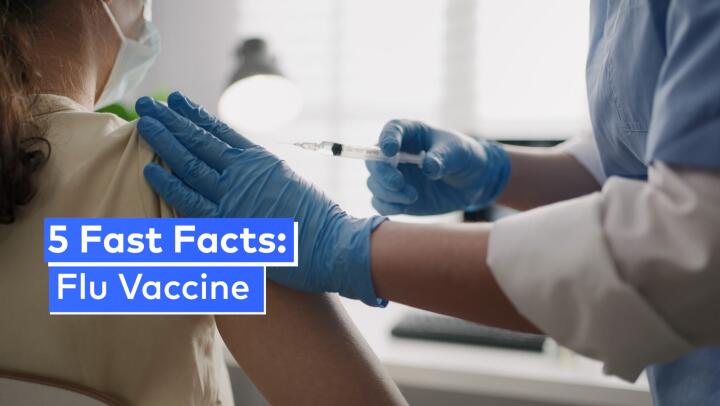
The common cold strikes everyone, old and young. But your experience with a cold is far different than a young child’s experience. Here are five differences between adult colds and children’s colds.
Most cold symptoms—runny nose, cough and congestion—are the same in both kids and adults. Adults and kids may feel run-down with a cold and may sneeze or complain of sore, scratchy throats. But while adults rarely run fevers with colds, it’s not uncommon for a child to have a higher-than-normal temperature with a cold.
The good news is that fevers are not harmful. In fact, a fever is a sign that the body is fighting infection. So unless the fever is making your child uncomfortable, there’s no need to treat it. If the fever is causing discomfort, you can give your child acetaminophen or ibuprofen, as directed by your child’s physician or pharmacist.
In 2008, the Food and Drug Administration said that over-the-counter (OTC) cough and cold medications should not be used in children under the age of two. Later that year, the Consumer Healthcare Products Association voluntarily removed all infant formulations of cough and cold products from the market and slapped “do not use in children under four years of age” labels on all remaining products.
The move away from OTC cough and cold products for kids was prompted by safety concerns. Available evidence suggested that children were being harmed by unintentional overdoses of cough and cold medication—and that the medication was not effective in relieving children’s symptoms. As a result, doctors now recommend against giving OTC cough and cold medication to any child under the age of six.
Adults, on the other hand, can choose from a plethora of OTC cold remedies, all of which have proven to be safe for use. So an adult can pop a decongestant pill before work, while a child has to rely on natural remedies, such as saline nose drops or exposure to warm steam.
Adults know that colds are self-limiting and seldom serious. Little kids don’t know that fact; little kids simply feel miserable and don’t know why. To make matters worse, small children can’t blow their noses. When your nose is clogged, you can grab a tissue, blow your nose and feel temporarily better almost immediately. Preschool aged kids don’t have that kind of coordination, and babies can’t do it at all.
Worse yet: babies are obligate nose breathers. That means that they usually breathe through their noses. Infants can breathe through their mouths, but doing so is not second nature to them. So when a baby is stuffed up, he’s really uncomfortable. Further complicating matters is the fact that young babies need to be able to breathe through their noses while they suck and feed. No wonder babies with colds are so crabby!
Generally-speaking, adult immune systems are more developed than children’s immune systems. Furthermore, the human body develops immunity to specific germs after encountering them. When a germ enters your body, your immune system starts building antibodies to fight that germ.
Unfortunately, there are hundreds of viruses that cause the common cold. You’ll never develop immunity to all of them, but the longer you live, the more cold viruses you encounter and the more anti-cold virus antibodies you develop. Scientists theorize that this lifetime exposure to cold viruses may be part of why some older adults seem particularly immune to colds.
Of course, the fact that adults generally practice better hygiene than toddlers do may also explain why adults get about one-third as many colds as kids do.
For most adults, a common cold is little more than a nuisance. If you get a cold, you’ll likely be back to your usual self in a few days. Kids’ immune systems aren’t as efficient as adult immune systems, and their tiny bodies don’t have as large a margin for error. Young bodies have high energy and oxygen needs, compared to adult bodies, and less heart and lung capacity. In young babies, a common cold can quickly turn into pneumonia or croup, two respiratory illnesses that can cause serious shortness of breath and decreased oxygen levels. That’s why doctors advise parents to call them when an infant younger than three months catches a cold; the doctor wants to carefully monitor the child’s condition.
Kids’ colds can also trigger ear infections and sinus infections. These infections can occur in adults as well, but they’re more likely in kids and more likely to be serious in children.
Understanding the differences between kids’ cold and adult colds will help you manage colds more effectively – and may even help you feel a bit more compassionate the next time you see a child who’s suffering from a cold.














